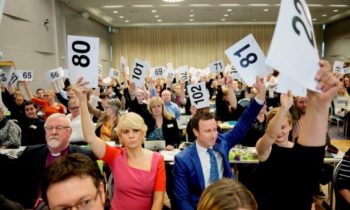 Norway’s Lutheran Church voted on Monday in favour of allowing same-sex marriage, becoming the latest of a small but growing number of churches worldwide to do so. Last year the French Protestant Church allowed gay marriage blessings, while the US Presbyterian Church approved a change in the wording of its constitution to include same-sex marriage.In a vote at the annual conference of the Norwegian Lutheran Church on Monday 88 delegates out of 115 in total backed same-sex marriage.
Norway’s Lutheran Church voted on Monday in favour of allowing same-sex marriage, becoming the latest of a small but growing number of churches worldwide to do so. Last year the French Protestant Church allowed gay marriage blessings, while the US Presbyterian Church approved a change in the wording of its constitution to include same-sex marriage.In a vote at the annual conference of the Norwegian Lutheran Church on Monday 88 delegates out of 115 in total backed same-sex marriage.
“Finally we can celebrate love independently of whom one falls in love with,” said Gard Sandaker-Nilsen, leader of the Open Public Church, a religious movement within the church that had campaigned to change the rules.
Under the new rules, priests who do not want to marry a same-sex couple will still have the right to object.
The vote by Norway’s Lutheran Church reflects increasingly liberal attitudes in wider Norwegian society to issues such as homosexuality.
Norway became the second country in the world after Denmark to allow same-sex registered partnerships in 1993. The Nordic country of 5.2 million people has allowed civil same-sex marriage since 2009.
Some 74 percent of Norwegians were members of the Lutheran Church last year, according to the national statistics agency, but that number has been declining.

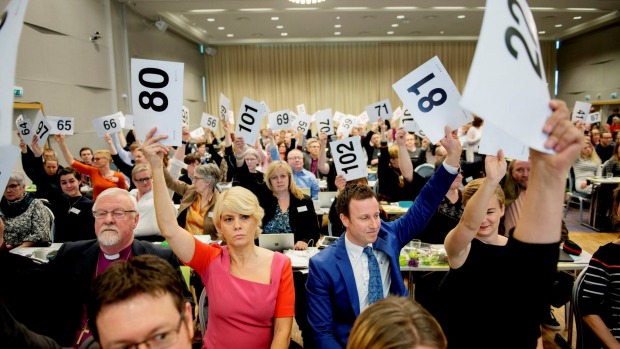
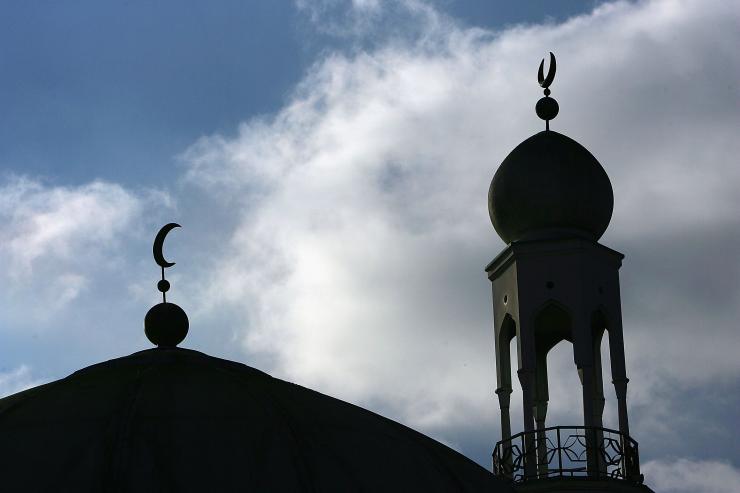
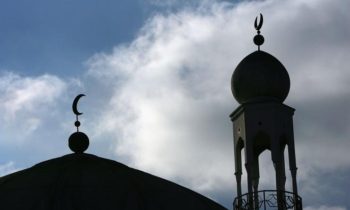 The Norwegian Directorate of Immigration ruled Wednesday that a popular Oslo mosque would not be allowed to house refugees because all offers of help needed to be “neutral,” a spokesman said. More than 700 refugees, mainly from Syria, were expected to arrive in Norway throughout the week and local authorities have begun setting up temporary housing ahead of their arrival.”Those behind an offer of reception may well have basic values, even if they are religious or political,” said Frode Forfang, the director of the Department of Immigration, as reported by the Local, adding “We could have used the Salvation Army — or the Church City Mission, for that matter. But the actual offer needs to be neutral.”
The Norwegian Directorate of Immigration ruled Wednesday that a popular Oslo mosque would not be allowed to house refugees because all offers of help needed to be “neutral,” a spokesman said. More than 700 refugees, mainly from Syria, were expected to arrive in Norway throughout the week and local authorities have begun setting up temporary housing ahead of their arrival.”Those behind an offer of reception may well have basic values, even if they are religious or political,” said Frode Forfang, the director of the Department of Immigration, as reported by the Local, adding “We could have used the Salvation Army — or the Church City Mission, for that matter. But the actual offer needs to be neutral.”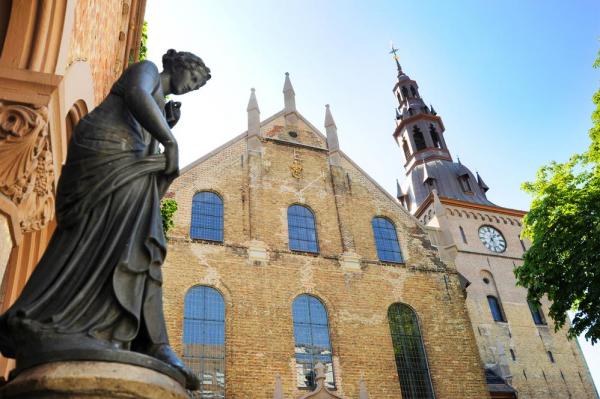
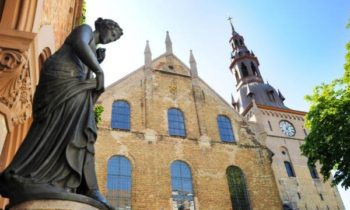 The government of Norway is demanding $5.1 million from the Oslo diocese, in compensation for what the government sees as fraud in the inflated reporting of Church membership figures. The government charges that the Oslo diocese obtained nearly $6 million in state subsidies by routinely registering immigrants as Catholics if they came from predominantly Catholic countries, without obtaining any evidence of the immigrants’ actual affiliations.
The government of Norway is demanding $5.1 million from the Oslo diocese, in compensation for what the government sees as fraud in the inflated reporting of Church membership figures. The government charges that the Oslo diocese obtained nearly $6 million in state subsidies by routinely registering immigrants as Catholics if they came from predominantly Catholic countries, without obtaining any evidence of the immigrants’ actual affiliations.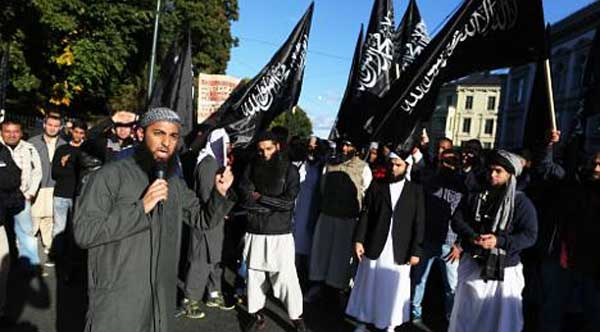
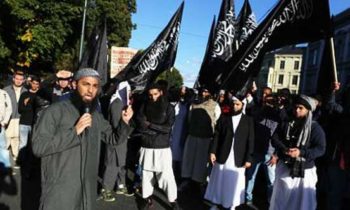 Nearly 60 percent of respondents in a new survey say they are negative to get an in-law of Muslim faith into the family, the annual integration barometer by the Directory of Integration and Diversity shows. The skepticism of Muslims is bigger than the skepticism of any other faith, and it applies both to the general population and among different groups of immigrants, writes Aftenposten.Meanwhile, 24 percent said that they are skeptical about getting an in-law of the Jewish faith into the family. Here the skepticism is greatest among those Pakistani background, where over four out of ten, 42 percent, admitting that they do not want a Jewish in-law.
Nearly 60 percent of respondents in a new survey say they are negative to get an in-law of Muslim faith into the family, the annual integration barometer by the Directory of Integration and Diversity shows. The skepticism of Muslims is bigger than the skepticism of any other faith, and it applies both to the general population and among different groups of immigrants, writes Aftenposten.Meanwhile, 24 percent said that they are skeptical about getting an in-law of the Jewish faith into the family. Here the skepticism is greatest among those Pakistani background, where over four out of ten, 42 percent, admitting that they do not want a Jewish in-law.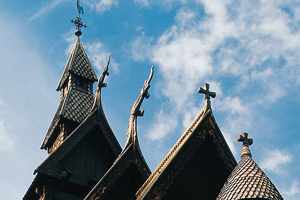
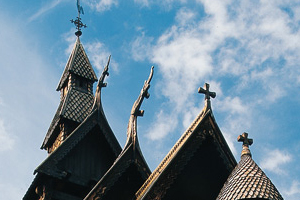 The Diocese of Oslo, Norway, has revealed that Church membership statistics have included many people who had not identified themselves as Catholics and may not have been aware that they were counted as members of the Catholic Church. Bishop Bernt Eidsvig said that the diocese had counted immigrants who came to Norway from predominantly Catholic countries. This practice which the diocese now agrees was “not satisfactory”—allowed the Catholic Church to claim greater government subsidies.Bishop Eidsvig said that the number of people “assumed to be Catholics” without evidence was “at least a thousands, maybe many times that.”
The Diocese of Oslo, Norway, has revealed that Church membership statistics have included many people who had not identified themselves as Catholics and may not have been aware that they were counted as members of the Catholic Church. Bishop Bernt Eidsvig said that the diocese had counted immigrants who came to Norway from predominantly Catholic countries. This practice which the diocese now agrees was “not satisfactory”—allowed the Catholic Church to claim greater government subsidies.Bishop Eidsvig said that the number of people “assumed to be Catholics” without evidence was “at least a thousands, maybe many times that.”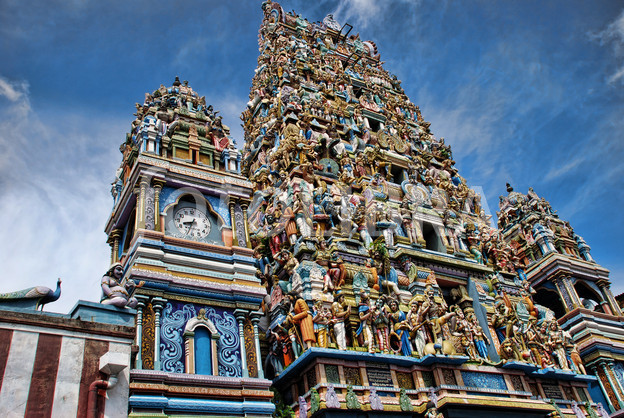
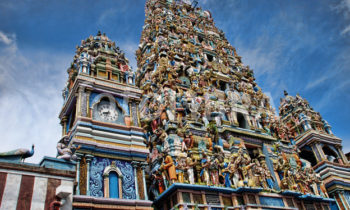
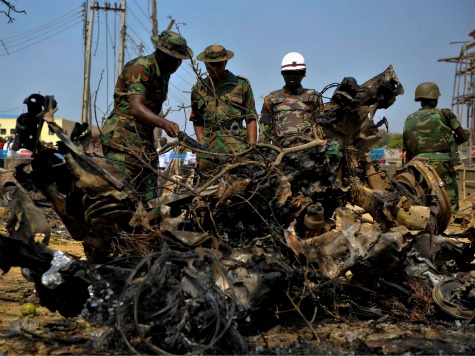
 Norway’s prime minister and other politicians have joined Muslim leaders and thousands of other people for a demonstration in Oslo against radical Islamists. Monday’s rally was an initiative by young Norwegian Muslims who wanted to show a united front against Islamic State militants in Syria and Iraq and their sympathizers in Norway. Mehtab Afshar, head of the Islamic Council in Norway, told the crowd: “They stand for terrorism, they stand for terror … and we condemn that in the strongest terms.”A small radical group in Norway has expressed support for Islamic State militants, angering moderate Muslims in immigrant communities in the country.
Norway’s prime minister and other politicians have joined Muslim leaders and thousands of other people for a demonstration in Oslo against radical Islamists. Monday’s rally was an initiative by young Norwegian Muslims who wanted to show a united front against Islamic State militants in Syria and Iraq and their sympathizers in Norway. Mehtab Afshar, head of the Islamic Council in Norway, told the crowd: “They stand for terrorism, they stand for terror … and we condemn that in the strongest terms.”A small radical group in Norway has expressed support for Islamic State militants, angering moderate Muslims in immigrant communities in the country.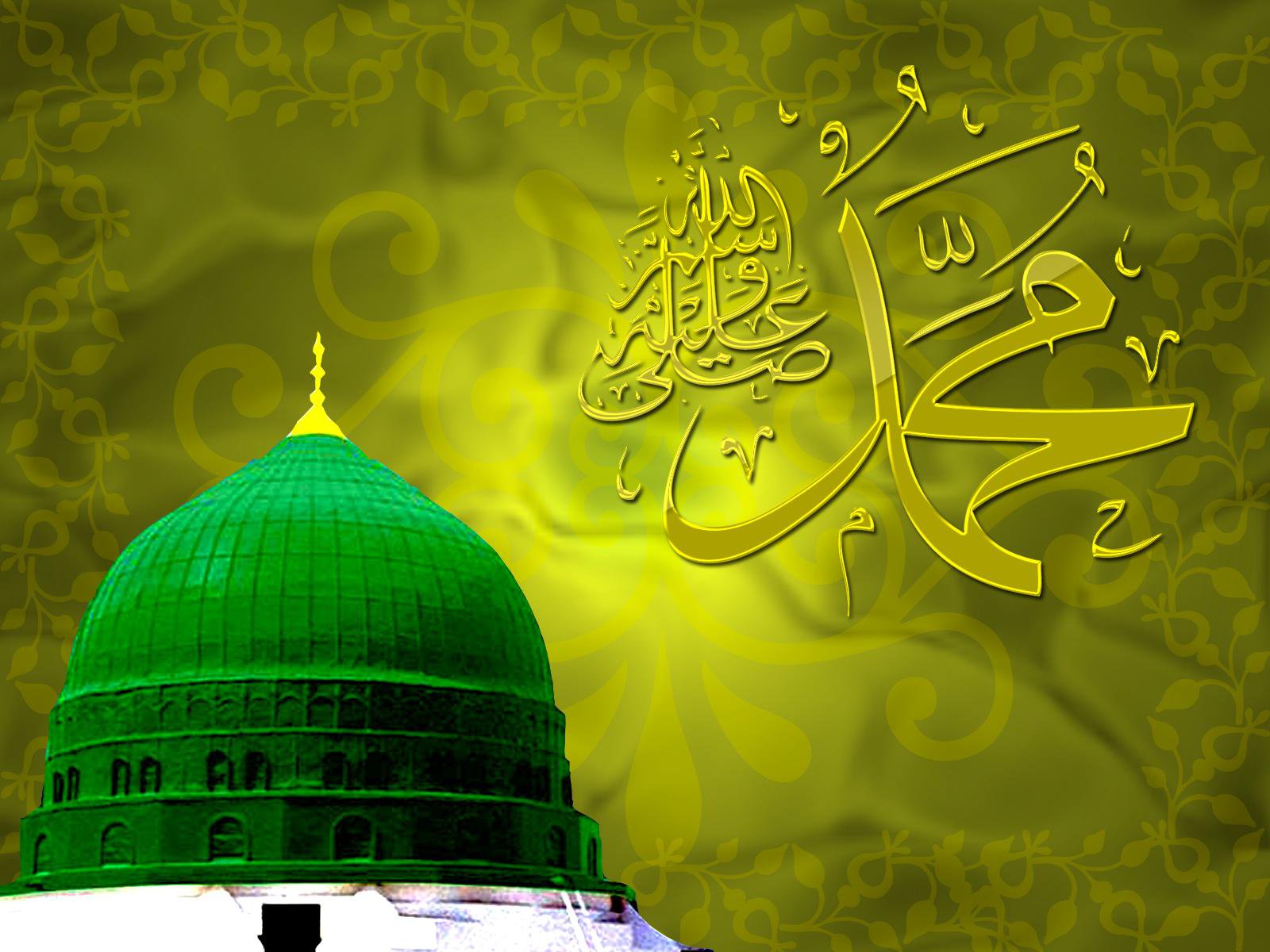
 For the first time in the Norewgian capital’s history, Mohammed is the common name for boys and men, said a study on Thursday. Statistics Norway (Statistisk Sentralbyrå – SSB) has counted the population of Oslo and found that Mohammed is the most common male name in Oslo for the first time ever. Jørgen Ouren of SSB said to NRK: “It is very exciting.” Altogether 4,801 boys and men are named Mohammed or variations of Mohammed as their first name, and Mohammed has thereby passed both Jan (4,667) and Per (4,155).The name has spent four years in a row at the top of the list of baby names in Oslo, but this is the first time that Mohammed tops the men’s name list for Oslo.
For the first time in the Norewgian capital’s history, Mohammed is the common name for boys and men, said a study on Thursday. Statistics Norway (Statistisk Sentralbyrå – SSB) has counted the population of Oslo and found that Mohammed is the most common male name in Oslo for the first time ever. Jørgen Ouren of SSB said to NRK: “It is very exciting.” Altogether 4,801 boys and men are named Mohammed or variations of Mohammed as their first name, and Mohammed has thereby passed both Jan (4,667) and Per (4,155).The name has spent four years in a row at the top of the list of baby names in Oslo, but this is the first time that Mohammed tops the men’s name list for Oslo.
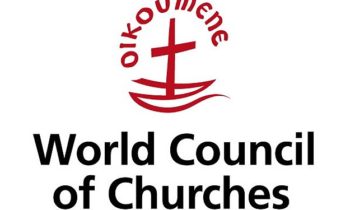 The General Secretary of the World Council of Churches (WCC), addressed the theme “Free to speak, believe and serve” at the recent Synod of the Church of Norway. The synod was held in Kristiansand, in conjunction with the celebration of the 200th anniversary of the Norwegian constitution. The anniversary represents an important milestone for Norway as a nation and for the Church of Norway. “its give me particular pleasure to stand here as a representative of the World Council of Churches, the worldwide fellowship that the Church of Norway has belonged to since 1948,” said the WCC General Secretary, a Norwegian himself.Tveit has served the Church of Norway and other Norwegian ecumenical organisations in several capacities in the past.
The General Secretary of the World Council of Churches (WCC), addressed the theme “Free to speak, believe and serve” at the recent Synod of the Church of Norway. The synod was held in Kristiansand, in conjunction with the celebration of the 200th anniversary of the Norwegian constitution. The anniversary represents an important milestone for Norway as a nation and for the Church of Norway. “its give me particular pleasure to stand here as a representative of the World Council of Churches, the worldwide fellowship that the Church of Norway has belonged to since 1948,” said the WCC General Secretary, a Norwegian himself.Tveit has served the Church of Norway and other Norwegian ecumenical organisations in several capacities in the past.
 This fall, Oslo may get its first Islamic primary school. The Association Mothers for Muslim Primary School has fought for several years to have their application approved to open up a school with up to 200 students. The association’s proposal has been rejected several times, but now the Directorate of Education has approved the application, and the new school may be accepting students already this fall.The association states in its application that the children will receive an education based on Islamic values. They will also have a separate subject on religion, as well as Arabic. The purpose of the new curriculum will also be to give an education that aims to ensure successful integration into the Norwegian society.
This fall, Oslo may get its first Islamic primary school. The Association Mothers for Muslim Primary School has fought for several years to have their application approved to open up a school with up to 200 students. The association’s proposal has been rejected several times, but now the Directorate of Education has approved the application, and the new school may be accepting students already this fall.The association states in its application that the children will receive an education based on Islamic values. They will also have a separate subject on religion, as well as Arabic. The purpose of the new curriculum will also be to give an education that aims to ensure successful integration into the Norwegian society.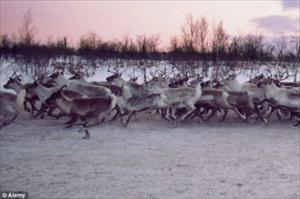
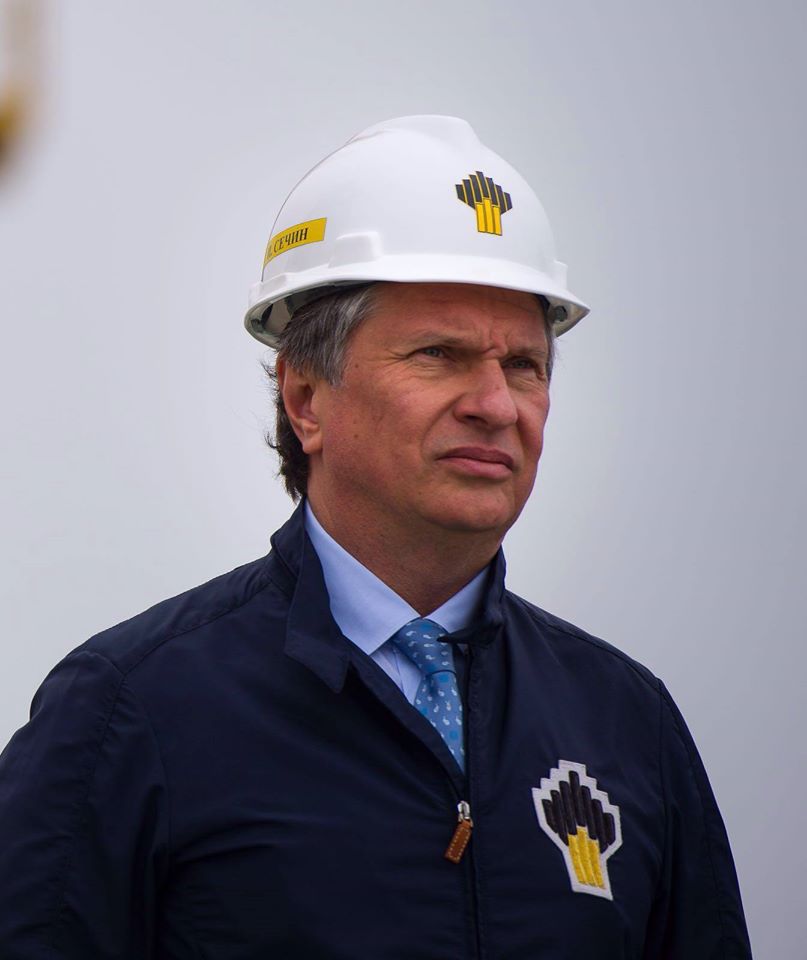
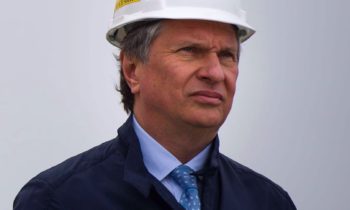 On the 5th of February, the government of Russia will review the so called anti-crisis plan for the year 2016. The main idea of which, it seems, is the expansion of the privatisation of government companies. The previous privatisation program, which was implemented in 2011 until 2013, was expecting in influx of of $28,7 billion into the budget of Russia. 60% of this program was completed.
On the 5th of February, the government of Russia will review the so called anti-crisis plan for the year 2016. The main idea of which, it seems, is the expansion of the privatisation of government companies. The previous privatisation program, which was implemented in 2011 until 2013, was expecting in influx of of $28,7 billion into the budget of Russia. 60% of this program was completed. The purchase of TNK-BP and the building of “Rosneft” in it’s current state served as a huge blow to those who wish to control the fuel and energy complex of Russia. This is Sechin’s main “sin”, and for this he is berated. Why now? To push back the process of the sale, if only by prolonging the said process.
The purchase of TNK-BP and the building of “Rosneft” in it’s current state served as a huge blow to those who wish to control the fuel and energy complex of Russia. This is Sechin’s main “sin”, and for this he is berated. Why now? To push back the process of the sale, if only by prolonging the said process.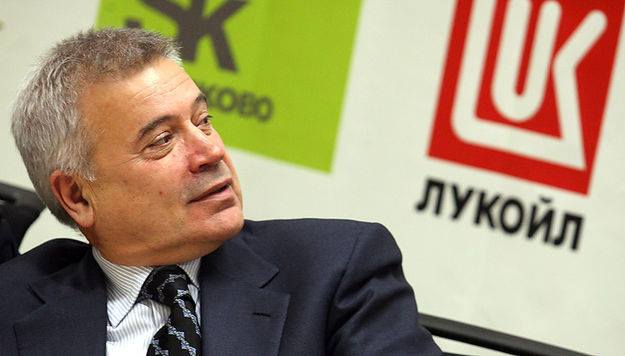
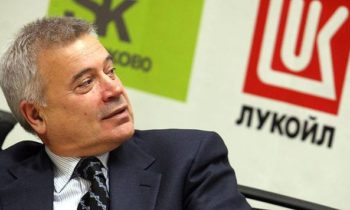 “Lukoil” has included the sector in the region of Svalbard (Shpittzbergen in Russian) which is considered an economically independent zone, in the next round of auctioning that Norway is holding. The Norway Ministry of oil has recently made the decision to increase the inventory of the sectors of hydrocarbon , which are offered to energy companies within the regulations of the 23rd licensing round.
“Lukoil” has included the sector in the region of Svalbard (Shpittzbergen in Russian) which is considered an economically independent zone, in the next round of auctioning that Norway is holding. The Norway Ministry of oil has recently made the decision to increase the inventory of the sectors of hydrocarbon , which are offered to energy companies within the regulations of the 23rd licensing round.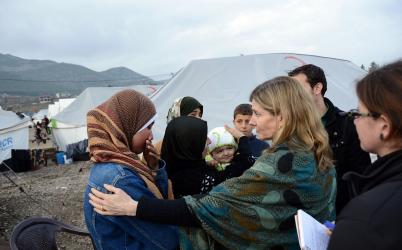
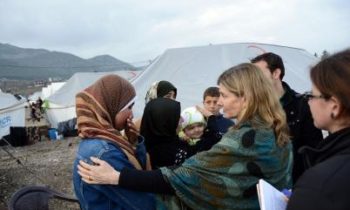 Russia will reportedly not accept refugees deported from Norway. The move by the Russian government comes as Norway seeks to tighten requirements for asylum seekers and send some refugees to Russia. Thousands of asylum-seekers have crossed from Russia into Norway since the refugee crisis began.Russian Foreign Minister Sergei Lavrov made the announcement yesterday at a press conference, reports the Nordic Page.
Russia will reportedly not accept refugees deported from Norway. The move by the Russian government comes as Norway seeks to tighten requirements for asylum seekers and send some refugees to Russia. Thousands of asylum-seekers have crossed from Russia into Norway since the refugee crisis began.Russian Foreign Minister Sergei Lavrov made the announcement yesterday at a press conference, reports the Nordic Page.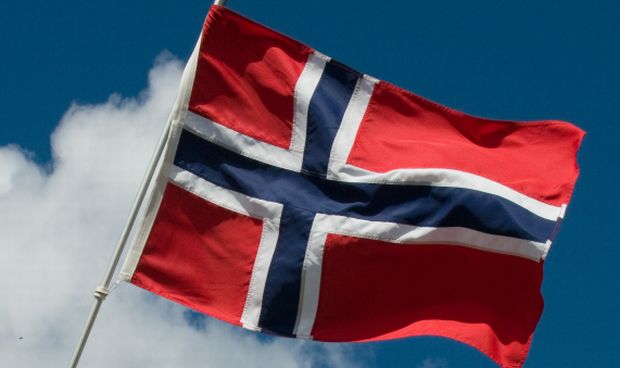
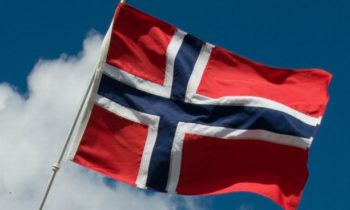 The United Nations’ refugee agency UNHCR expressed concern Wednesday over Norway’s policy on returning refugees to Russia and plans to tighten rules for family reunifications. “We consider that the Norwegian procedure … is cause for concern,” the UNHCR’s representative in the Nordic region, Pia Prytz Phiri, told reporters at the close of a three-day visit.”It’s a problem for us that Norway considers Russia a safe asylum country,” she said.
The United Nations’ refugee agency UNHCR expressed concern Wednesday over Norway’s policy on returning refugees to Russia and plans to tighten rules for family reunifications. “We consider that the Norwegian procedure … is cause for concern,” the UNHCR’s representative in the Nordic region, Pia Prytz Phiri, told reporters at the close of a three-day visit.”It’s a problem for us that Norway considers Russia a safe asylum country,” she said.